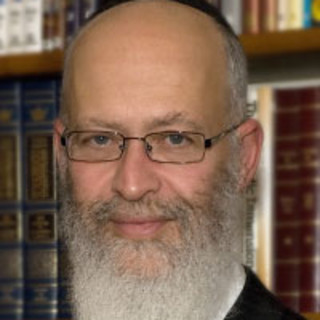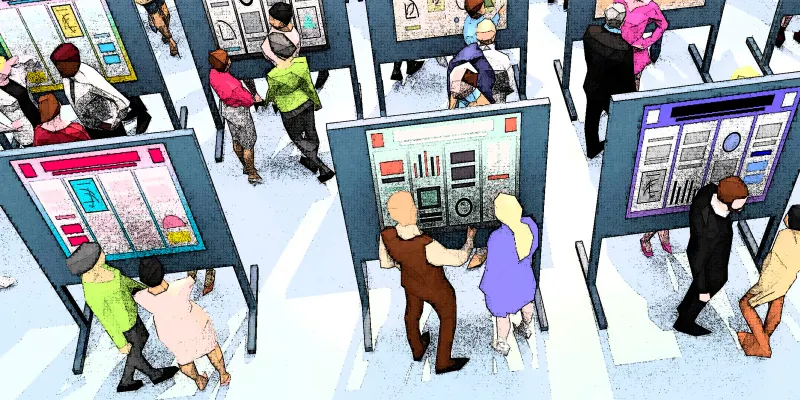My kudos to the planning committee for the AANS meeting: a superb effort, even though we were virtual. The scientific program was excellent and engaging, and the virtual nature worked about as well as I’ve seen it. I particularly valued the simultaneous recording, which allowed me to view concurrent sessions.
Throughout the meeting, we often saw advances in technology to improve our physical efforts, and the value of artificial intelligence in assisting us -- and I emphasize assisting -- in our decision-making. Fascinating as they were, one of the most interesting was the Theodore Kurze lecture, given by behavioral scientist Maya Shankar, PhD. I am interpreting her talk here and hope it’s accurate and informative.
Behavioral science is defined as the study of how and why we make decisions, create values and beliefs, and how we can and do change those. The science attempts to identify the sources of our biases, why they exist, and how to manage them.
Dr. Shankar presented several examples of situations where minute alterations in attitude or expectations could have a major behavioral impact. One had to do with opioid prescriptions: a study showed that if the system defaulted a lower number of pills for the physician to order, the physician typically prescribed that amount, even though override was a trivial effort. Requiring an opt-out works much better than a requirement to opt-in. Simply stated, the “endowment effect”, that we value what we feel we’ve earned, is important here.
An important part of the talk was the presentation of five behavioral principles relevant to healthcare. I'm going to summarize those because I found them extremely valuable.
- Social Identity Priming: when we attach a label to ourselves or others, we -- or they -- will often acquire those characteristics. This can become a burden to patients: for example, telling them they’re cancer patients as opposed to treating cancer as a condition, not a state of being, may create a label affecting their entire lives, even if unnecessary and undesirable.
- Agency and Control: This is one that plagues us as physicians as much as it does patients! How much do we allow algorithms to control our thinking? How often do we let patients know we’re doing that? Certainly, algorithms that allow input are typically more accepted by health professionals. Furthermore, patients need to be part of the process, even if the care is algorithm-driven, they want to be involved, but they also want their physicians involved.
- Operational Transparency: sharing with patients how we've made decisions about their health care creates trust and improves compliance.
- Memory Construction: the end of an experience and the most emotionally involved moments of that experience define our memories. Dr. Shankar gave the example of colonoscopies: in one effort, decreasing the pain and discomfort associated with the last moments of a colonoscopy, even though that lengthened the procedure, made patients much more likely to pursue the procedure in the future.
- The Power of the Messenger: as important as the message is the person who delivers it. A trusted and known member of the health care team, rather than an anonymous person, will be more successful than an unknown or historically distrusted individual, even if the latter is more senior.
I certainly do not want to minimize the quality of the science at the meeting and look forward to reading publications coming out of the work presented. I enjoyed Dr. Shankar’s talk because it reminded us, that in the world of EHRs ruling our lives, robots in the operating room, and algorithms facing us daily, that understanding the importance of the human touch becomes increasingly important, even as it is increasingly difficult. I look forward to seeing everyone in person next year.
Dr. Maiman has no conflicts of interest to report.
Illustration by April Brust






